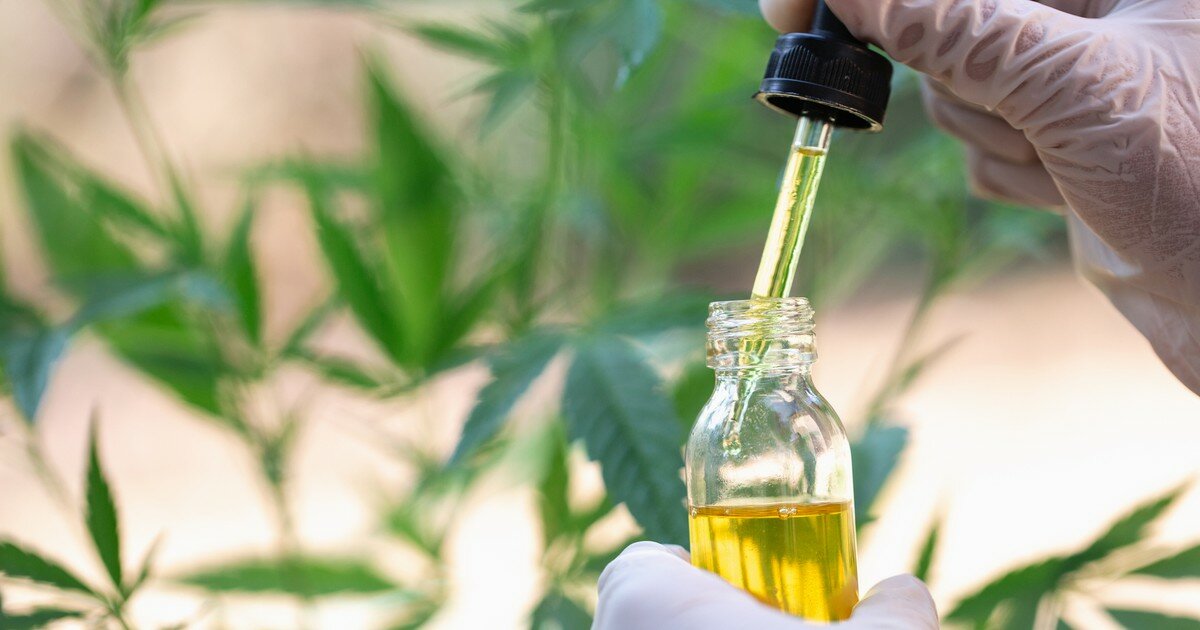
What is CBD?
It’s short for cannabidiol, and it’s a natural compound found in both marijuana and hemp plants. There’s some evidence that it might help treat pain, seizures, and some other health problems. But much more research is needed for doctors to know for sure what it can do.
How Do You Take It?
You can take CBD oil by itself by mouth, or use one of many products that have it as an ingredient. These include pills, chewable gels, “tinctures” you drop under your tongue, vape cartridges you breathe in, creams on your skin, and foods like chocolate bars. The amount and quality of CBD in these products can be very different.
Does It Make You High?
CBD doesn’t -- another substance in marijuana called THC does that. If you use a CBD product, check the label and make sure that’s the only cannabinoid listed. In states where marijuana is legal, some companies put product information online that lists the amount of each ingredient.
Is It Addictive?
CBD oil by itself is not. But CBD products that also have THC can be. The key again is to know the source and check the ingredients and the amounts so you know exactly what you’re using.
Where Is It Legal?
Forty-seven states now allow some form of CBD. Only Idaho, South Dakota, and Nebraska ban all marijuana use. Legal details are different by state, so do your research to make sure you’re on the right side of the law.
Can CBD Help With Seizures?
The FDA has approved only one CBD-based drug, and it’s used to treat two rare types of epilepsy: Lennox-Gastaut syndrome and Dravet syndrome. It’s called Epidiolex, and it’s approved for adults and kids over age 2.
Can It Ease Pain?
Scientists are working to see if it might help with arthritis, and some people with HIV say it helps relieve nerve pain (also called neuropathy). There’s some evidence that it may help muscle spasms linked to multiple sclerosis, too. More research is needed to know for sure.
Does It Help Blood Pressure?
In normal conditions, CBD doesn’t seem to affect this one way or the other. But researchers are studying whether it might help keep your blood pressure stable when you’re stressed. More work needs to be done before scientists fully understand its effects.
Does It Help Inflammation?
Early studies show that CBD might help with this, especially if it’s related to arthritis, MS, diabetes, or Alzheimer’s. But scientists are still trying to prove that and figure out how it works.
Does CBD Help Cancer?
In studies done on lab mice, CBD oil showed promise at killing breast cancer cells and making chemotherapy drugs work better. But researchers have much more work to do to see if CBD can help people in that way.
Is It Good for Your Skin?
There is evidence that CBD might be a treatment for acne. It seems to help with both the inflammation that can lead to breakouts and the number of fatty acids in the blood, which can make them worse. It also may protect skin cells from damage.
Does It Help Psychosis?
One study showed it helped ease the symptoms of psychosis in people with schizophrenia, but more research is needed to know just how well it might work. Keep in mind that THC, which is found in a number of CBD products, can have the opposite effect, and product labels aren’t always accurate.
Does It Help Addiction?
Much more study is needed, but early studies show that CBD may help people who want to break their addiction to cigarettes as well as drugs like heroin, cocaine, and methamphetamine. This may be in part because it seems to help with anxiety and muscle tension.
Are There Side Effects?
So far, CBD doesn’t seem to cause serious ones. When it’s used to treat epilepsy or psychotic disorders, people reported tiredness, diarrhea, and changes in appetite. But CBD can affect how other medications work, so be sure to tell your doctor about everything you take, including vitamins and supplements.
Precision Pain Care and Rehabilitation has two convenient locations in the Richmond Hill – Queens and New Hyde Park – Long Island. Call the Richmond Hill office at (718) 215-1888, or (516) 419-4480 for Long Island office, to arrange an appointment with our Interventional Pain Management Specialist, Dr. Jeffrey Chacko.













